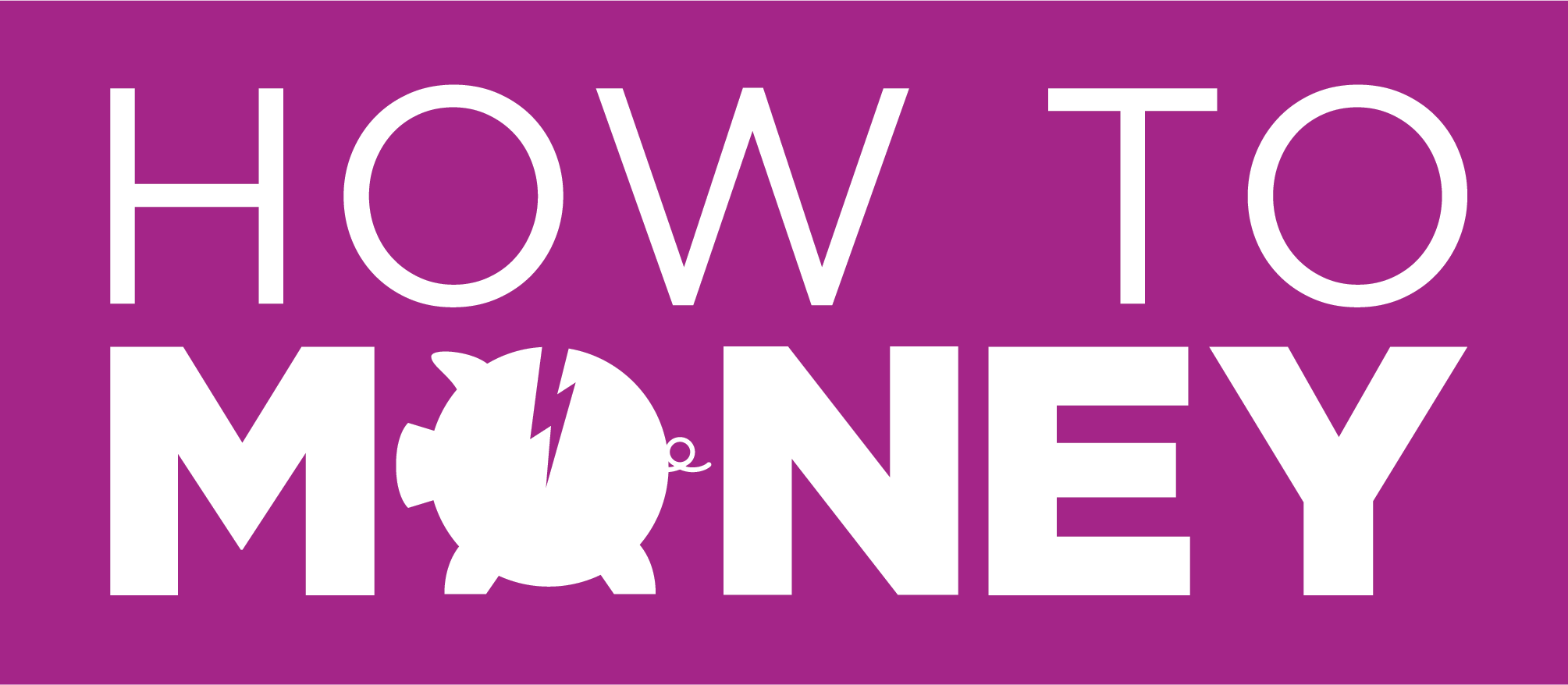
Do You Know What Your Credit Score Is?
This article was contributed by Credit Simple, an online tool that gives Australians free and straightforward access to their credit score.
What is a Credit Score and Why Does it Matter?
Credit scores are important because they directly impact whether you’ll be successful in applying for a home loan, credit card, mobile phone or energy plan. They can also have an impact on the rates you’ll pay.
In short, your credit score matters because it costs you money. A credit score is a number between 0 and 1,000 that indicates how credit-worthy you are and how likely you are to pay your bills on time. Most credit scores are between 300 and 850. The higher the score, the more “credit-worthy” lenders consider you to be.
A good score is more than 500, so if your score is high, you should be able to get better offers from banks, telcos, insurance companies and utility companies.
A bad score can make companies reluctant to lend you money or approve you for a contract. Or they may approve you — but charge you higher interest rates for the favour. If your score is low, you should find out what’s affecting it — for example, unpaid bills — and work to fix it, pronto.
A credit score is simply a reflection of your credit report, which is your full credit history. This includes the accounts and loans you currently have open, the accounts and loans you’ve applied for, your bill payment history and anything negative that has happened (late payments, defaults, court judgments, bankruptcies and so on).
Most Aussies have a credit history and a score to go with it, but if you’ve never applied for credit, chances are you don’t have a history or score to your name. This is especially true if you’re under 18 and haven’t yet had your own credit card, utility account or similar.
What Impacts Your Credit Score?
You can end up with a bad result for many reasons, for example failing to pay your bills on time or applying for credit too often. You can even get stung if your partner defaults on a debt that’s also in your name.
On the flip side, your score can increase for many of the opposite reasons: you pay your bills on time, you have a healthy amount of debt and you don’t apply for loans too often.
What Can You Do to Improve Your Credit Score?
Here are some simple steps you can take to give your credit score a boost:
1. Sign up for Credit Simple
One of the simplest ways to increase your score is to look at your report and fix anything that looks wrong with it. Credit Simple lets you see your credit score and credit history for free, forever. If you see an unpaid bill you forgot about, pay it off. You can even question any negative marks you disagree with right there in the tool.
2. Pay your bills on time
Until relatively recently, only your ‘bad’ financial behaviour (like late payments) affected your credit score. But changes to the system now means both your good and bad behaviour is recorded. So make sure your accounts are in good standing and your score will reflect that. Lenders love it if you have a good track record of paying your bills on time.
3. Have birthdays
Evidence shows that with age comes financial responsibility. It’s not sexy and there’s nothing you can do to speed it up, but your score is likely to increase with each passing year — provided you don’t do anything else to screw it up.
4. Don’t apply for too many loans
Shopping around for a new credit card or home loan can save you money but applying for too many of them can actually lower your credit score. If you’re constantly applying for small loans or have a lot of enquiries on your file within a short time period, then this will negatively impact your score since data indicates this type of behaviour can lead to defaults.
5. Pay up if you’ve defaulted
A default will stay on your file for five years regardless of whether or not you pay it. However, paying it off will reduce the negative impact and make you look more responsible. Over time the negative impact of any defaults will diminish.
6. Start budgeting
Nearly 80% of Aussies would like to be better at budgeting, and that’s after 68% think they’re already pretty good at it. It’s tempting to have champagne taste on a beer budget, but our advice is to try and stick with beer while you work on your credit score.
To learn more visit Credit Simple to see your credit score and credit information for free. You’ll also find tools and tips to help you understand your credit score. Plus, you can access red-hot offers tailored just for you, based on your score.
Want to learn more about money and personal finance? Check out our article archive, the How To Money Podcast and the Australian Finance Podcast. Catch us on Twitter @HowToMoneyAUS and Instagram on @HowToMoneyAUS.
Important Information
The information on this blog and website is of a general and educational nature only. It does not take into account your individual financial situation, objectives or needs. You should consider your own financial position and requirements before making a decision, as we are not an advisory service. We recommend you consult a licensed financial adviser in order to assist you. The information is based on assumptions or market conditions which can change without notice, and this will impact the accuracy of the information provided. This website and blog occasionally provide links to third-party sites, aimed at helping you gather the information required to make an informed decision — we may receive payment for these referrals.






